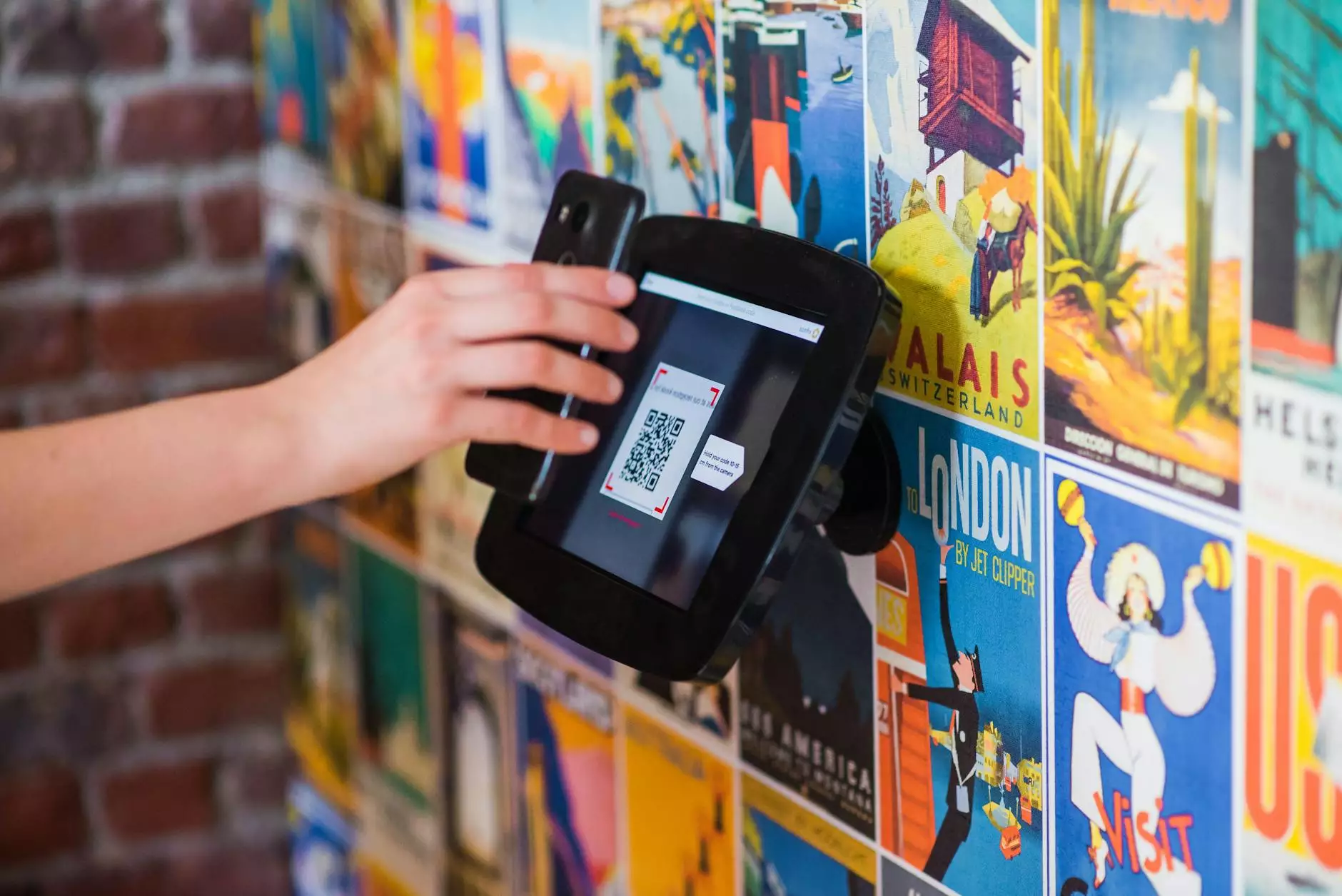Becoming a Medical Biller: A Comprehensive Guide

The landscape of healthcare is ever-evolving, and with this evolution comes a growing demand for skilled professionals in the administrative side of medical services. Among these roles, becoming a medical biller stands out as a rewarding career that combines healthcare knowledge with financial expertise. This article will provide a detailed overview of what it means to become a medical biller, the qualifications needed, and the steps to embark on this career path.
Understanding the Role of a Medical Biller
A medical biller is an essential part of the healthcare system. They are responsible for processing billing claims for medical services rendered by doctors, health professionals, and medical centers. Their primary role includes:
- Medical Coding: Translating healthcare services, diagnoses, and procedures into universal codes.
- Claim Submission: Preparing and submitting claims to insurance companies for reimbursement.
- Payment Posting: Receiving and posting payments from patients and insurers, ensuring accuracy in financial records.
- Follow-ups: Communicating with insurance companies and patients regarding unpaid claims and resolving any discrepancies.
- Compliance: Ensuring that all billing practices adhere to legal and ethical standards, including HIPAA regulations.
Why Choose a Career in Medical Billing?
As healthcare continues to expand, the need for qualified medical billers is more significant than ever. Here are some of the top reasons to consider this profession:
- Job Stability: The healthcare industry is one of the fastest-growing sectors, providing a high level of job security.
- Flexible Working Conditions: Many medical billers have the option to work from home, offering flexibility in work-life balance.
- Attractive Salary: Medical billers can earn a competitive salary, with potential for growth as they gain experience.
- Career Advancement: There are numerous pathways for advancement, including managerial roles or specializations in different areas of billing and coding.
Steps to Becoming a Medical Biller
Transitioning into the role of a medical biller involves several steps:
1. Educational Requirements
While a high school diploma may suffice for entry-level positions, pursuing further education can enhance job prospects significantly. Consider the following:
- Medical Billing and Coding Certificate: Many community colleges and technical schools offer programs that focus specifically on medical coding and billing.
- Associate's Degree: An associate's degree in medical billing and coding or health information technology can provide a more comprehensive education.
- Online Courses: Online programs are widely available and can offer flexibility for those already working or with other commitments.
2. Gain Relevant Skills
Success as a medical biller requires a blend of technical skills and personal attributes. Key skills include:
- Attention to Detail: Billing and coding require precision to avoid costly errors.
- Knowledge of Medical Terminology: Understanding medical terms is crucial for accurate coding.
- Problem-Solving Skills: You need to efficiently resolve any billing discrepancies or issues.
- Communication Skills: Interacting with patients, healthcare providers, and insurance companies is a regular part of the job that requires clear communication.
3. Obtain Certification
While certification is not mandatory in all regions, obtaining a credential can significantly enhance your employability. Consider certifications such as:
- Certified Professional Biller (CPB): Offered by the American Academy of Professional Coders (AAPC), this certification is recognized nationwide.
- Certified Billing and Coding Specialist (CBCS): Offered by the National Healthcareer Association (NHA), this certification focuses on billing and coding fundamentals.
4. Gain Practical Experience
Many employers prefer candidates with hands-on experience. Consider these options:
- Internships: Look for internships in medical offices or hospitals to gain practical insights and experience.
- Entry-level Jobs: Consider positions such as medical receptionist or coding assistant to develop relevant skills.
5. Stay Updated with Continuing Education
The healthcare landscape is constantly changing, making continuing education important. Join professional organizations and attend workshops to keep your knowledge current.
The Importance of Networking in Medical Billing
Networking can play a crucial role in furthering your career as a medical biller. Consider the following strategies:
- Join Professional Organizations: Organizations such as AAPC or AHIMA offer networking opportunities.
- Attend Conferences: Engaging in industry conferences can provide insights and connections.
- Online Forums: Participate in online forums and discussion groups related to medical billing to share experiences and tips.
Challenges Faced by Medical Billers
Like any profession, medical billing comes with its challenges. Being aware of these can help you prepare and find effective solutions:
- Staying Updated on Regulations: The healthcare industry is subject to frequent changes in laws and billing procedures.
- Dealing with Complex Claims: Occasionally, claims can be intricate, requiring in-depth knowledge and critical thinking to navigate.
- Handling Rejections: Billers must be equipped to handle rejections from insurers and patients, requiring diplomacy and problem-solving skills.
Conclusion: Embrace the Opportunity of Becoming a Medical Biller
Becoming a medical biller is more than just a job; it is a chance to contribute to the healthcare industry’s efficiency and success. With the right education, certifications, and dedication, you can thrive in this growing field. The role not only offers personal fulfillment by contributing to patient care indirectly but also provides a reliable career path with opportunities for advancement.
As healthcare systems continue to expand, trained professionals who understand the nuances of billing and coding will be in high demand. Start your journey today and take the next step toward a fulfilling career in medical billing!
For more information on becoming a medical biller or to explore opportunities in healthcare, visit pmbausa.com.









